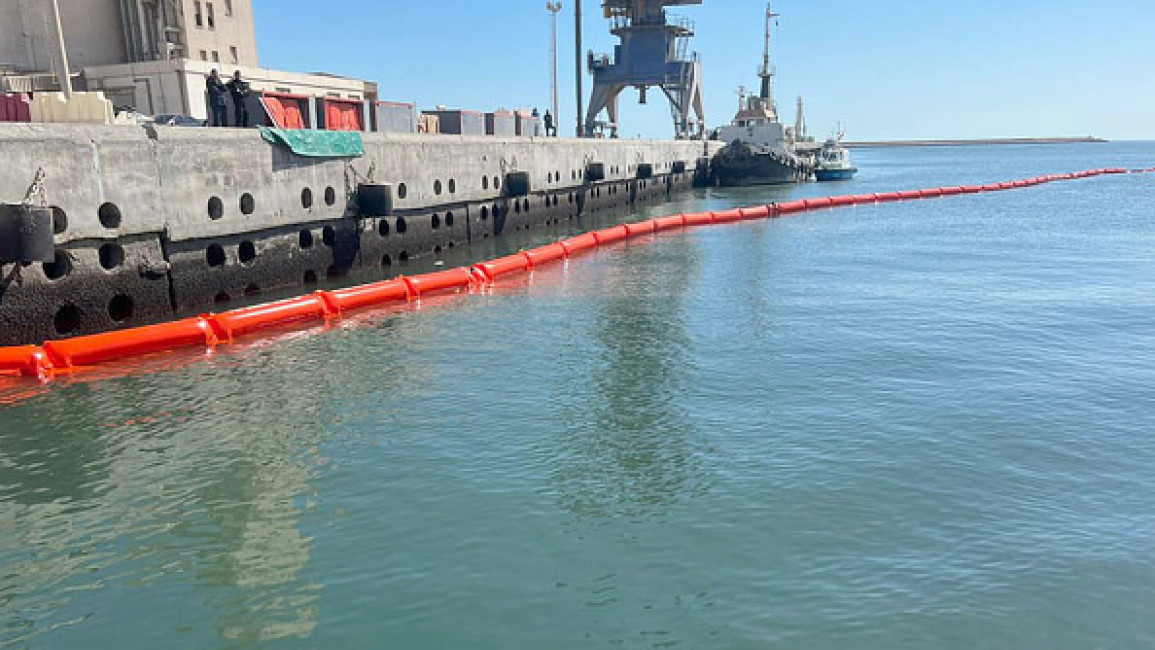Tanker that sank off Tunisia coast was empty and not carrying diesel: ministry
A fuel tanker that sank in waters off Tunisia last weekend was empty, the government said on Friday, ruling out the risk of pollution.
But authorities announced they had arrested the ship's rescued crew after divers found evidence the ship's GPS had been deliberately destroyed and its bridge computers ripped out.
The Gulf of Gabes, where the ship went down, is not far from the coast of Libya, where smuggling has been rife since the 2011 overthrow of dictator Muammar Gaddafi.
The Equatorial Guinea-flagged Xelo was thought to have been carrying 750 tonnes of diesel when it sank on April 16, prompting Tunisian authorities to seek the assistance of an anti-pollution vessel from the Italian navy.
"The ship Xelo that sank in the Gulf of Gabes does not contain diesel and its tanks are empty," the environment ministry said. "It poses no immediate pollution risk," they added.
Authorities in the port city of Gabes said they had opened a criminal investigation.
The crew- its Georgian captain, four Turks and two Azerbaijanis -who had already been barred from leaving the country for two weeks, were arrested on Friday, Gabes court spokesman Mohamed Karray told AFP.
Captain Mazeri Letayef of the Tunisian navy, who has been heading the emergency response, said divers had found that four of the ship's tanks contained only seawater.
"It's possible that the ship was not really in the business of transporting fuel," he said.
"The GPS allowing the ship to be tracked had been destroyed with a hammer," Letayef said, adding that the bridge computers had also been ripped out.
Authorities found no trace of the ship's whereabouts in the week leading up to the crew's distress call and the bill of lading, which should have recorded its movements and cargo, was missing from the wreck.
Academic Rafaa Tabib, who specialises in the huge black market that has developed in Libya during its more than decade-old civil war, said a huge trade in smuggled petroleum products had grown up around the Strait of Sicily.
He said the business involved "three main actors- the Italian mafia, Maltese-based front companies and Libyan militias operating around Zawiya, where the country's largest oil refinery is based".
He said as much as 120,000 barrels of petroleum products a day were believed to being smuggled by just one militia in the Zawiya area, equivalent to 10 percent of Libya's total output.
Tabib said it was possible that the ship had been deliberately scuttled, either to destroy evidence of smuggling or to avoid deregistration of other vessels by authorities in Equatorial Guinea.
The Malabo government on Thursday suspended 395 ships "illegally" flying Equatorial Guinea's flag and announced a new system to ensure the flag was not used for fraud.
"There are more than 300 vessels across the world which are working illegally under our flag," tweeted Vice President Teodoro Nguema Obiang Mangue.
"On Wednesday, we set up a mechanism to resolve and avoid this problem in the future".


